hotline:020-29026320 |13903018415
-
-
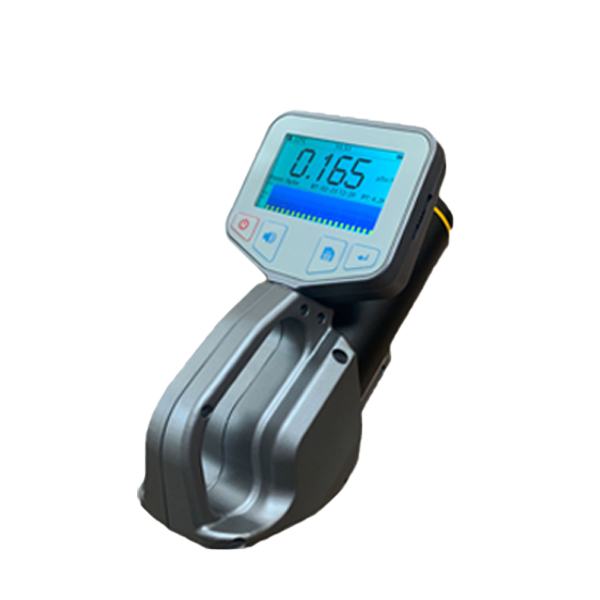
Radiation detection instrumentation
-
HYGP-2223 exposure type X, γ radiation measuring instrument
-
HYGP-2223BX, gamma dose rate meter (with tripod)
-
FI-329M intelligent household nuclear radiation detector
-
HY-2000M digital multi-channel gamma spectrometer
显示更多 -
-
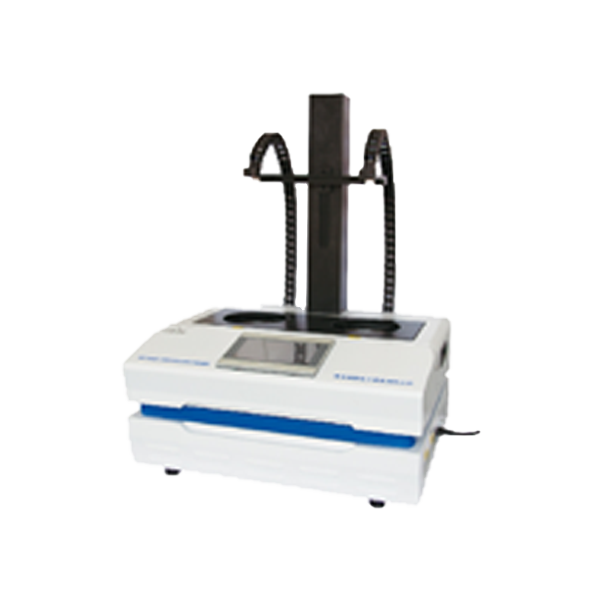
Laboratory Equipment
-
Radioactive distillation apparatus in water
-
2200Q portable turbidity meter
-
SPE Solid Phase Extraction Device
-
Portable spectrophotometer
显示更多 -
-
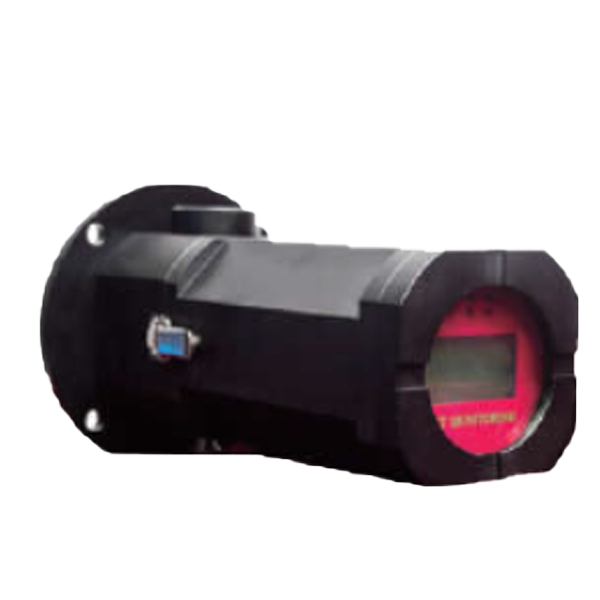
Portable environmental monitoring equipment
-
VOCs gas analyzer
-
Portable handheld VOC detector
-
Portable all-in-one multi-parameter analyzer
-
Dust detector
显示更多 -
-
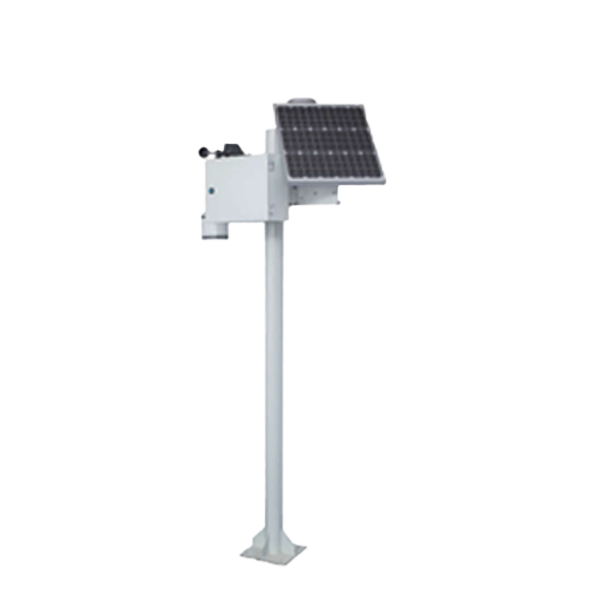
Environmental online monitoring system
-
CM-WG8200 grid air quality detection system
-
On-line monitoring system for CM-VOCs-5000 volatile organic compounds
显示更多 -
-
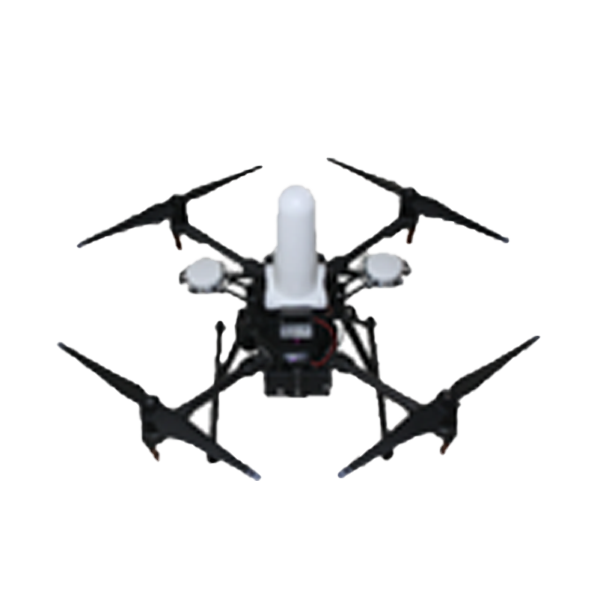
UAV Online Environmental Monitoring
-
OS-2 UAV Electromagnetic Environment Monitoring System
-
Nuclear emergency radioactive source search UAV
-
UAV Monitoring System
显示更多 -
-
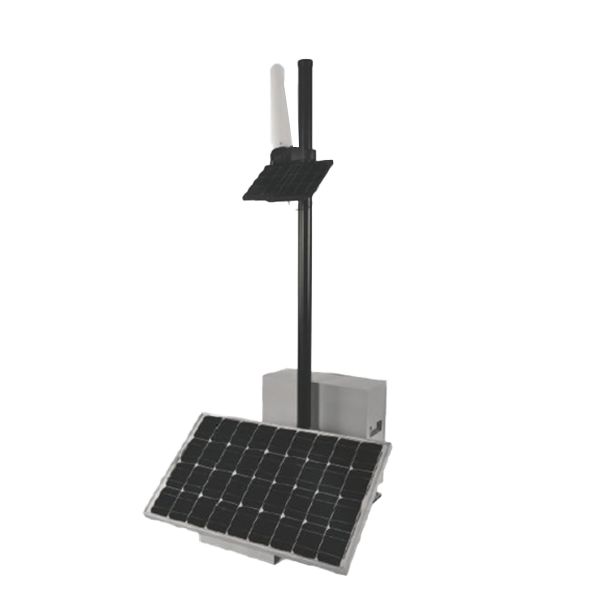
On-line Monitoring System of Electromagnetic Radiation
-
On-line Monitoring System of Electromagnetic Radiation
-
Automatic Monitoring System of HYEH460 Electromagnetic Radiation
-
HY-900A launch type radiation environment automatic monitoring station
-
OS-8 S Frequency Selective Electromagnetic Environment Online Monitoring System
显示更多 -
-
Unlocking the Potential of Radiation Detection Instrumentation in Various Industries
2025-06-23
Introduction: A Glimpse into Radiation Detection
Have you ever wondered how industries ensure safety from invisible hazards? Well, you’re not alone! The magical world of radiation detection instrumentation plays a crucial role in safeguarding human health and the environment.
What is Radiation Detection Instrumentation?
Radiation detection instrumentation refers to the tools and devices specifically designed to detect and measure ionizing radiation. These instruments are not just a bunch of gadgets; they are the backbone of safety in various sectors, from healthcare to nuclear energy.
Why It Matters: The Big Picture
In an age where safety is paramount, the importance of radiation detection instrumentation cannot be overstated. Imagine a bustling hospital where radiation therapy is standard practice. Here, radiation detection devices ensure that patients receive the right doses without overexposure. Talk about a lifesaver!
Industry Applications: A Spotlight on Various Sectors
Let’s dive into how different industries are leveraging the power of radiation detection instrumentation:
1. Healthcare: The Heart of Safety
In healthcare, radiation is used for diagnostics and treatment. Devices like Geiger counters and scintillation detectors are essential for monitoring radiation levels. Hospitals rely on these instruments to ensure that treatments, such as X-rays or cancer therapies, are both effective and safe. Without them, it would be a game of chance!
2. Nuclear Power: Keeping the Lights On
Nuclear facilities are like clockwork, and radiation detection instrumentation is the oil that keeps them running smoothly. From monitoring reactor cores to ensuring worker safety, these instruments help prevent accidents and maintain operational efficiency. Just imagine the potential chaos without these critical tools!
3. Environmental Monitoring: Protecting Our Planet
Environmentalists use radiation detection instrumentation to track radioactive substances in the air, water, and soil. This is crucial for identifying contamination and ensuring public health. It’s like having a watchdog that barks when something’s amiss—keeping our environment safe and sound!
4. Research and Development: Innovation on the Horizon
In laboratories, researchers utilize advanced radiation detection tools to explore new materials and technologies. With innovative instruments, they can delve into the mysteries of atomic behavior, paving the way for breakthroughs across scientific fields. Who knows what future wonders lie ahead?
Challenges in Radiation Detection
Despite the advantages, radiation detection instrumentation isn’t without its challenges. Calibration, maintenance, and the need for trained personnel can be hurdles for some organizations. Yet, overcoming these obstacles is essential for maximizing safety and efficiency.
The Future of Radiation Detection Instrumentation
As technology evolves, so too does radiation detection instrumentation. Innovations like smart sensors and IoT integration are on the rise, enhancing real-time monitoring capabilities. This not only improves safety but also provides actionable insights that can transform industries.
Conclusion: A Bright Future Ahead
So there you have it—radiation detection instrumentation is a game-changer across various industries. From keeping patients safe to ensuring the stability of nuclear power, its significance cannot be overlooked. As we move forward, the continued evolution of these devices will undoubtedly unlock new realms of safety and efficiency. Who’s ready for the next big thing?
Previous Page:

COOKIES
Our website uses cookies and similar technologies to personalize the advertising shown to you and to help you get the best experience on our website. For more information, see our Privacy & Cookie Policy
COOKIES
Our website uses cookies and similar technologies to personalize the advertising shown to you and to help you get the best experience on our website. For more information, see our Privacy & Cookie Policy
These cookies are necessary for basic functions such as payment. Standard cookies cannot be turned off and do not store any of your information.
These cookies collect information, such as how many people are using our site or which pages are popular, to help us improve the customer experience. Turning these cookies off will mean we can't collect information to improve your experience.
These cookies enable the website to provide enhanced functionality and personalization. They may be set by us or by third-party providers whose services we have added to our pages. If you do not allow these cookies, some or all of these services may not function properly.
These cookies help us understand what you are interested in so that we can show you relevant advertising on other websites. Turning these cookies off will mean we are unable to show you any personalized advertising.
online message
Telephone:13903018415(Manager Wang)
Business: 020-29026320
E-mail:wangxueli@haiyoukj.com
Address: Room 703, Tian 'an Innovation Building, Panyu Energy Saving Science Park, 555 Panyu Avenue North, Donghuan Street, Panyu District, Guangzhou

Sweep code attention

